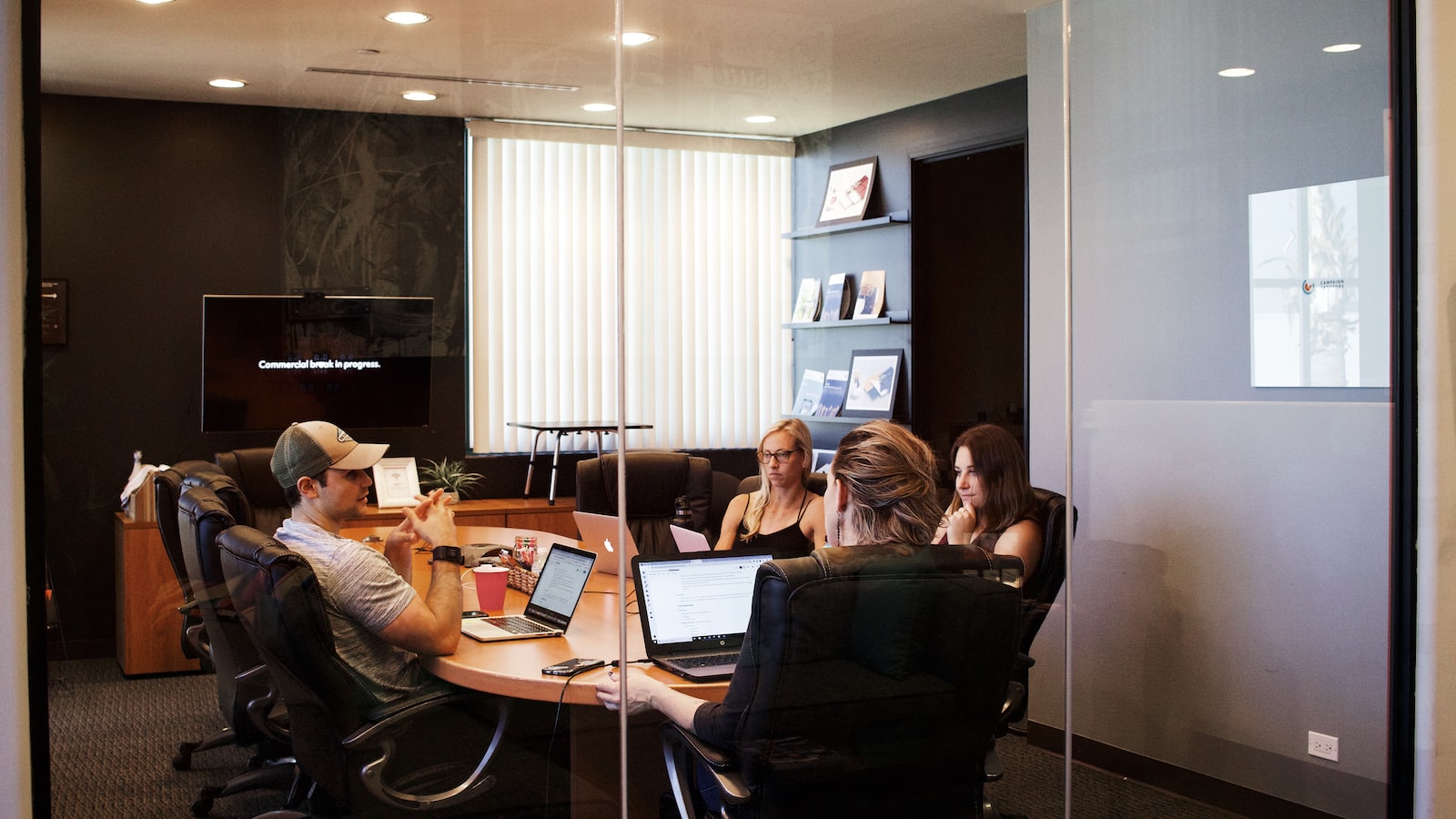If you’ve been keeping up with the latest news in the tech world, you may have heard that artificial-intelligence (AI) machines are coming for so-called “thought work,” tasks that require solving problems, uncovering patterns, and finding meaning in data. This shift is setting off alarms for some professionals whose jobs may be replaced by these AI robots.
So, what exactly is thought work? Thought work is a way of approaching problems that requires creative problem-solving, critical thinking, and analyzing data. This type of work is often performed by professionals in fields like finance, healthcare, education, and law—jobs that may soon find themselves no longer relevant thanks to the rapid advancements of artificial intelligence.
Much of this AI technology is rooted in natural language processing, which is a form of AI that lets computers “understand” and process natural language in the way that humans do. Natural language processing is being used to build AI systems that can identify patterns in data, make predictions about future events, and even compose automated statement for humans to review.
While many professionals are alarmed by the prospect of AI machines replacing any part of their job, some remain optimistic, seeing the potential for AI to improve their roles. For example, AI can be used to free up more of our time to focus on tasks that require a human touch—think tasks like relationship building or communication.
But AI is also creating new job opportunities. For example, experts in understanding and controlling AI and machine learning models, or specialists in conversation dialogue systems, are needed to manage these machines and to ensure that they are used ethically and responsibly.
All in all, the AI revolution is already happening and it’s only a matter of time before it affects most of us professionally. It’s clear that this shift should be taken seriously, as it has the potential to greatly impact our workforce, reshaping the way we work in the years to come.

